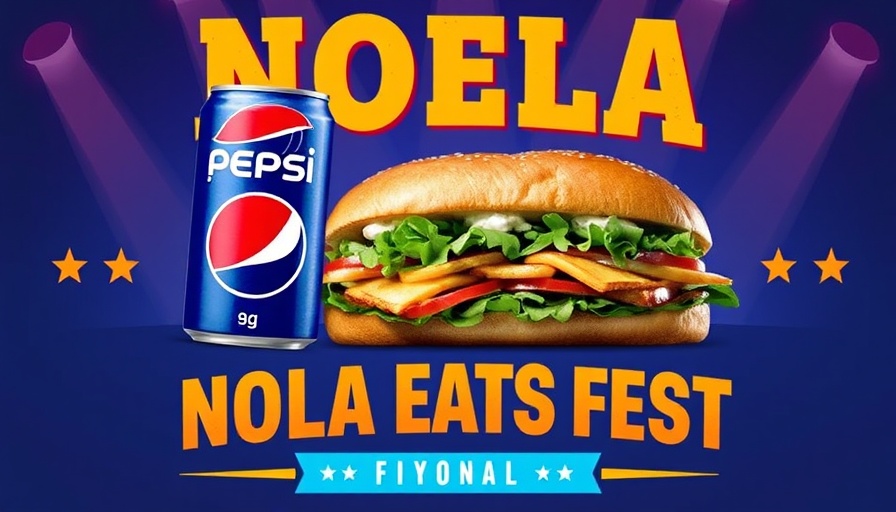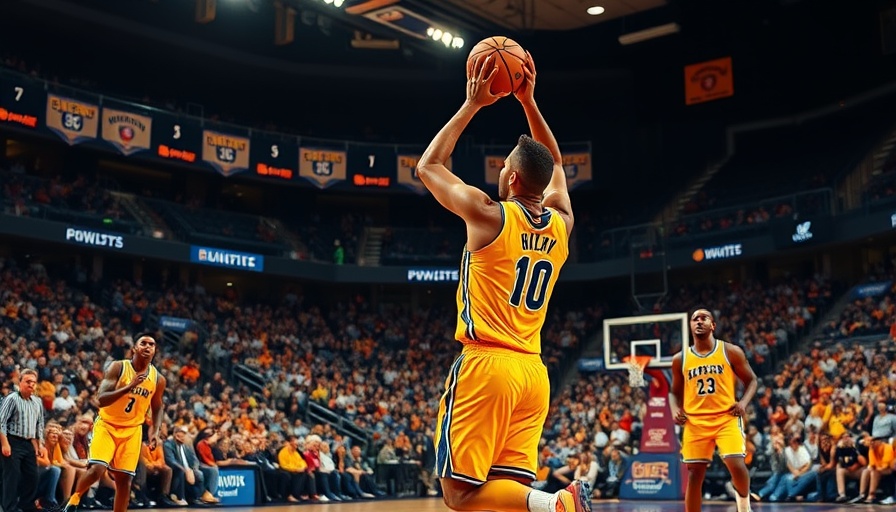
The New Playbook: Brands Taking Experiential Marketing to Another Level
Every year, the Super Bowl becomes a battleground for brands eager to capture the attention of millions of viewers through play after play of high-budget TV commercials. However, in 2024, many companies are pivoting strategies by leveraging experiential marketing. Instead of shelling out $7 million for a fleeting 30-second slot during the big game, brands like Pepsi are orchestrating immersive experiences that grab attention before, during, and even after the event.
Major Brands Making Waves Off the Field
With thousands flocking to New Orleans for the Super Bowl, brands are going beyond standard ads. Pepsi is hosting the NOLA Eats Fest, an all-encompassing food festival from February 7 to 8 that melds New Orleans culture with culinary delights. Headlining acts and local favorites like Action Bronson and Mannie Fresh will spice up the weekend, alongside a friendly seafood boil competition to ignite the competitive spirit among locals and fans alike.
Other brands are following suit. Booking.com is letting select users book a ride on the Madden Cruiser, a nostalgic nod to football legend John Madden. This touch of nostalgia resonates deeply with fans, creating a three-dimensional marketing experience that goes beyond traditional brand exposure.
The Value of Experiential Activations
What’s driving this strategic shift? For executive decision-makers in mid-to-large firms, it presents an invaluable lesson. By creating engaging experiences rather than relying solely on traditional ads, brands can foster stronger, more memorable connections with consumers. In an increasingly crowded media landscape, these interactions may yield lasting impressions, ultimately affecting brand loyalty and engagement.
Understanding the Impact of Social Media in Real-Time Marketing
Brands are also integrating real-time interactions into their strategies. Perdue is enlisting comedian Wayne Brady to deliver improvisational content on Instagram during the game, allowing fans to engage with the brand in real-time. This strategy not only promotes specific products but also aligns Perdue with contemporary communication formats favored by today's consumers.
Future Trends in Marketing: The Shift to Authentic Experiences
As we analyze this trend, it becomes clear that the future of marketing may lie more in authenticity and less in polished presentations. Upcoming brands could prioritize showcasing real experiences and stories conducive to organic conversations. For instance, food vendors at Pepsi's festival might curate unique narratives that resonate with attendees, making their brand stories stick.
Conclusion: Engaging Beyond the Screen
While traditional Super Bowl advertisements continue to hold value, this year's shift toward experiential marketing and brand activations highlights a growing trend of engagement that transcends the screen. For companies looking to scale brand impact, taking note of how peers creatively utilize their platforms is essential for navigating future marketing landscapes.
 Add Row
Add Row  Add
Add 




Write A Comment